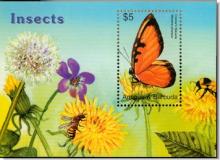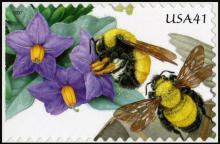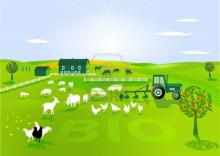Bees and Butterflies; Who speaks for endangered species?
This letter is in response to Julee Boan’s excellent article about Ontario’s Endangered Species Act (Paying the Interest, Ignoring the Debt — CJ, Nov. 29). This act is extremely important and we ignore it at our peril. In towns and cities we have animal humane societies that ensure that the animals under our care in our homes are given the best protection we can offer. The animals, fish and insects in our wilderness are no less deserving. The act should be their voice to protect them from the harmful impacts of mining, fossil-fuel extraction, forestry, fishing and farming, not for the protection of these same industries. These impacts are real and can be devastating. Two examples from farming have come to my attention lately. Both were preventable.










